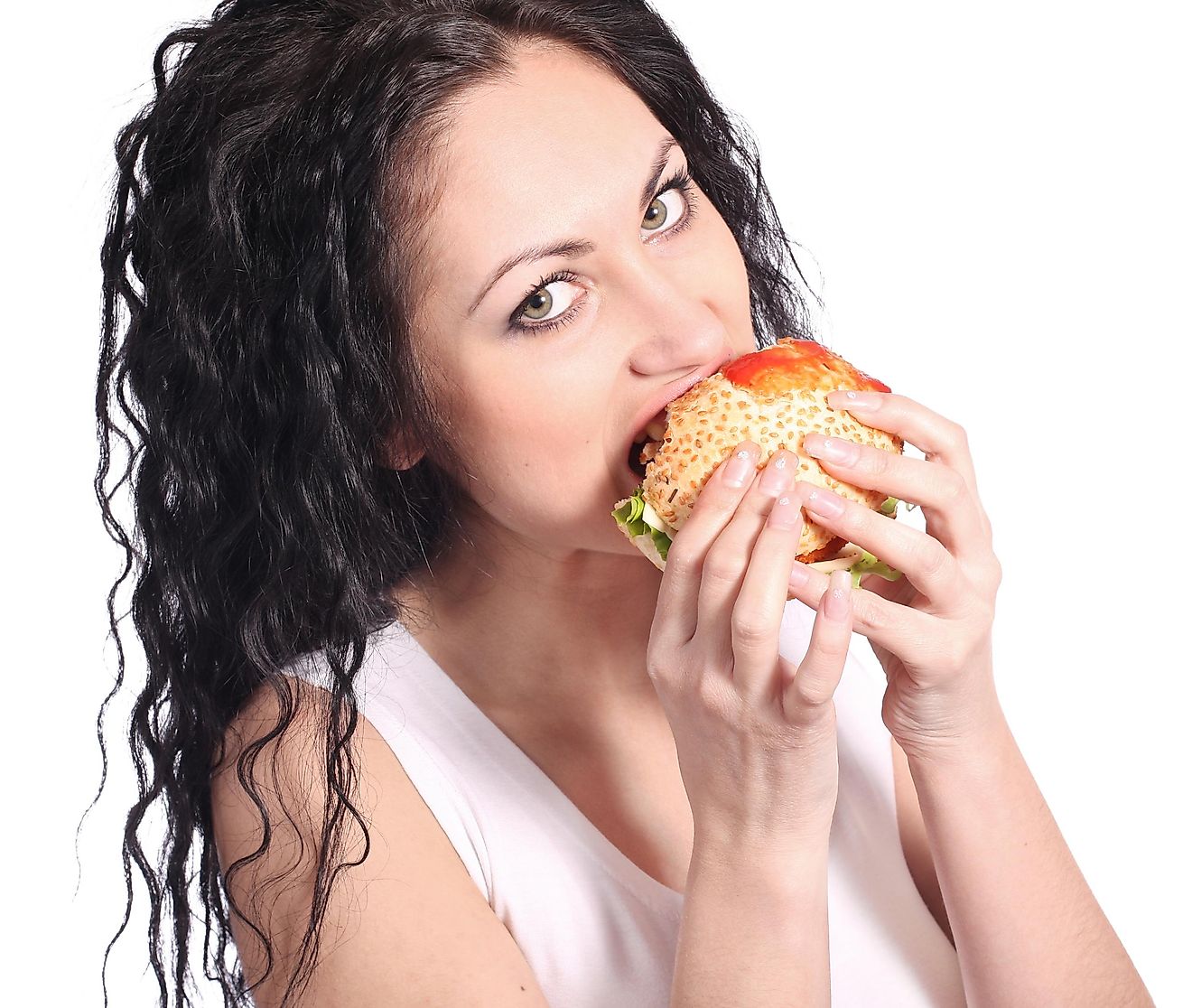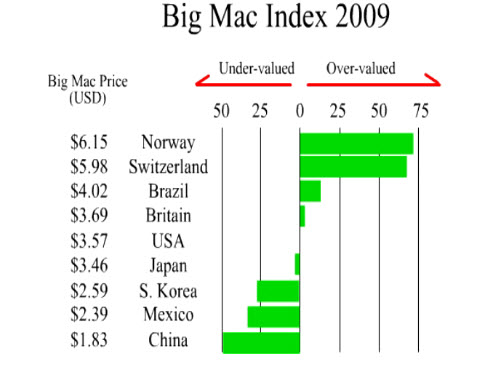

A Mexican’s spending power, for example, is 45% higher at home than if he bought dollars and shopped across the border. IMF figures show that in most poor and middle-income countries, money goes further than market rates would suggest because wages are lower and non-tradable goods are cheaper. They point to the fabled custo Brasil (Brazil cost), as the country’s value-for-money problem has long been known. For Brazilians, though, currency appreciation has actually made life cheaper by cutting the price of imports. A decade ago a dollar bought 3.5 reais it now buys less than 2.3 reais-which understates the scale of the change, since Brazil’s inflation was much higher, so reais should have become cheaper, not more expensive. A big part of the answer is currency appreciation, caused by economic stabilisation in the 1990s and a huge increase in commodity exports since then. So why is Brazil so pricey?Ī special report in this week’s issue explores the question in more detail. The Economist’s Big Mac Index finds Brazilian burgers are dearer than everywhere else except in three much richer countries, (Norway, Sweden, Switzerland) and one dysfunctional one (Venezuela). Clothes, cosmetics, electronics and cars are all more expensive, sometimes much more, than in most other places. Visitors who go window-shopping will find the high prices hit locals too. Hotels in São Paulo, the business capital, or beachside Rio de Janeiro, cost more than in London or Zurich. But near the top of the sticker-shock rankings is a surprise entry: upper-middle-income Brazil. A recent survey by Tripadvisor, a travel website, put Oslo, the capital of super-rich Norway, as the world’s priciest destination, with a one-night stay in a four-star hotel with dinner and drinks for two costing more than $600. TRAVELLERS have long known that the richer a country, the more likely a visit is to burn a hole in their wallets. The views are nice, but the poverty, the crime, the violence and the lackluster government services to those stuck there remain a national embarrassment. This is still very much a country where roads flood in the rain in major cities like São Paulo, and World Cup and Olympic quality cities like Rio de Janeiro have a whopping 500,000+ living in squalor in hillside slums.

For those living there, it’s a cause of frustration. Despite a weaker currency, Brazil’s cost of living is on the rise.

In fact, according to The Economist magazine’s latest edition of the Big Mac index, Brazil’s currency is overvalued, and is third behind mega rich nations like Norway and Switzerland.īrazil is the most expensive emerging market nation, and the locals are feeling it.Īccording to the magazine’s Big Mac index, the Brazilian real is overvalued by 5.86% as of July 23, more so than it was in 2009. housing bubble of 2008, but that hasn’t stopped the country from becoming more expensive than the entire euro zone.

what don't you know about McDonald's? It probably doesn't surprise you that a company this big has a ton of weird stories they try to keep quiet, so this is the untold truth of McDonald's.Brazil’s economy might be growing near zero, and it’s currency isn’t as strong as it was in the heyday of the U.S. So, we know McDonald's is massive, and we know you've been there dozens of times. That's a lot of money, but considering Statista says the McDonald's brand was worth over $129 billion in 2020, it's safe to say that was a good investment. According to McDonald's official history, Kroc bought out the brothers in 1961 for a cool $2.7 million - adjusted for inflation, that's about $23 million in today's money. (Although, this copycat Big Mac recipe is almost better than the real thing, and this McDonald's fries recipe is the stuff of salty dreams.)įounded in 1940 by Richard and Maurice McDonald (otherwise known as Dick and Mac), it took an entrepreneur named Ray Kroc and a ton of drama to catapult McDonald's to the global fame they have today. Because, let's be honest: sometimes, you just get a craving for a Big Mac and some fries, and there's absolutely nothing that can satisfy it but the real thing. they're the stuff of fond childhood memories and guilty pleasures well into adulthood. The Golden Arches, the Big Mac, the Happy Meals.


 0 kommentar(er)
0 kommentar(er)
